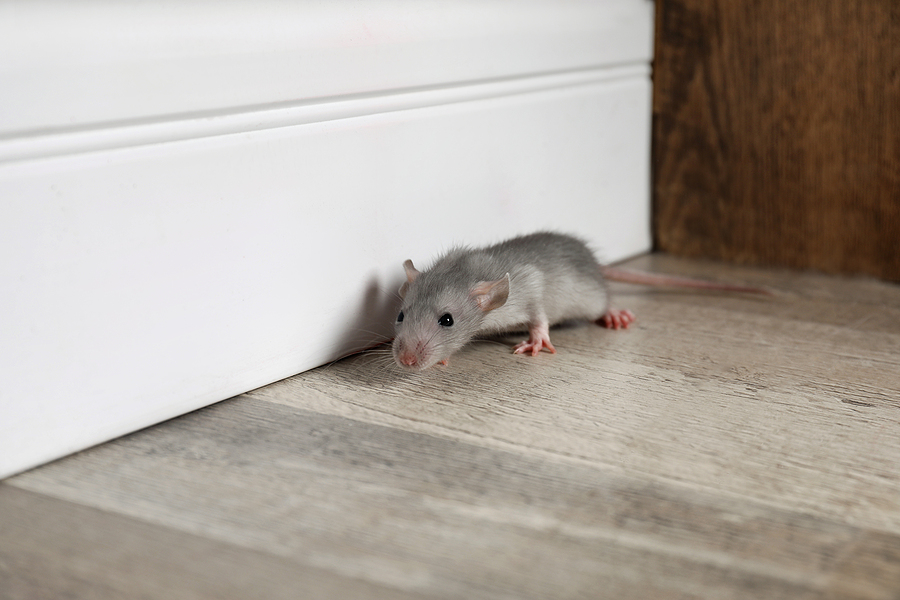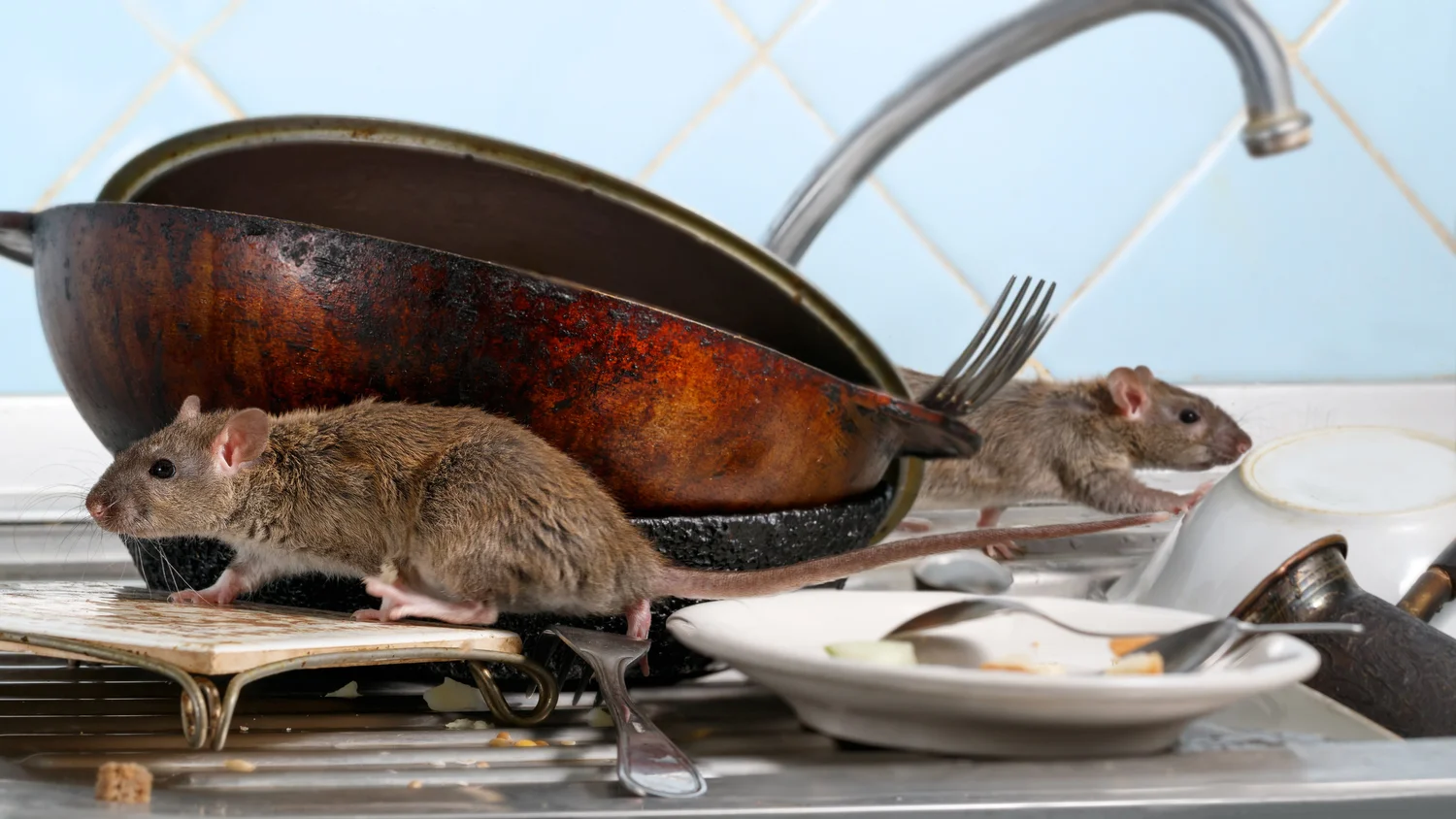Dealing with pests can be a daunting and often frustrating task. With the rising awareness of the harmful effects of chemical pesticides on both health and the environment, many seek more natural solutions. This is where natural deterrents for home pests come into play, offering an eco-friendly alternative to conventional pest control.
Employing natural methods not only helps in keeping your home safe but also ensures that you and your loved ones are not exposed to toxic chemicals. Start using these natural deterrents for home pests and keep unwanted guests at bay.

The Power of Essential Oils
Many essential oils have been found to be effective in repelling pests. For instance, peppermint oil is known to deter mice and ants, while eucalyptus oil can keep away flies and fleas. By simply mixing these oils with water and spraying them in affected areas, you can create a natural barrier against these pests.
Combining Oils for Greater Effectiveness
Combining different essential oils can improve their efficacy. For example, a mix of peppermint and lavender is not only pleasant smelling but also highly effective against various pests. This combination targets different kinds of pests, doubling the protection.
Herbs and Plants: Nature's Defenders
Certain herbs and plants serve as excellent natural deterrents. Basil, for example, is fantastic for keeping mosquitoes at bay, while citronella is renowned for its mosquito-repellent properties. Placing pots of these herbs around your house can act as both decoration and protection.
In addition, marigolds are not only visually appealing but work to repel aphids and mosquitoes. The natural oils released from marigolds are unpleasant for many insects, making them a multipurpose asset to any garden.
Natural Barriers: Creating Unwelcome Entry Points
Another strategy is to create natural barriers using materials like diatomaceous earth, which is highly effective against ants, fleas, and bed bugs. Sprinkling it around entry points acts as a blockade that insects cannot cross. For more tips on blocking entry points naturally, check out this guide.
Diatomaceous Earth: The Natural Protector
Thanks to its desiccating properties, diatomaceous earth dehydrates insects, ultimately killing them. This powdery substance can be applied around garden beds or in problematic areas inside your home.
Pest Prevention Through Common Kitchen Ingredients
Your kitchen holds several powerful pest deterrents that you might not be aware of. Vinegar and baking soda, while primarily known for cleaning, can help keep certain pests away too. Spraying a solution of vinegar and water can deter ants, and baking soda effectively controls roaches.
Sugar and borax mixture acts as a deadly trap for ants, deceiving them with its sweet scent while delivering a fatal blow. This is just one of the many homemade pest control tips you can employ efficiently.
Fending Off Rodents with Kitchen Staples
Rodents dislike the smell of onions and garlic. By leaving slices near their points of entry, you can deter them from coming inside. Furthermore, these kitchen staples provide a temporary, natural way to maintain a rodent-free domain.
Explore other natural pest control methods for your home.
Gardening with an Eye for Pest Prevention
Incorporating pest-repelling plants into your garden is a preventative measure that pays dividends in the long run. Plants such as lavender, rosemary, and mint deter many common insects. Besides their pest-fighting capabilities, they add beauty and fragrance, enhancing your garden's appeal.
The presence of these plants also promotes biodiversity, attracting beneficial insects that naturally control pests. For outdoor pest prevention, click here.
Pest Prevention: A Holistic Gardening Approach
A holistic approach to gardening, emphasizing pest-resistant plant choices and companion planting, can significantly reduce your reliance on chemical interventions. Rotate crops and diversify plantings to naturally deter pest populations from thriving.
Maintaining a Pest-Free Home
Regularly inspecting your home for signs of pests is crucial. Ensure cracks and crevices are sealed and keep your living space clean to avoid attracting unwanted pests. Simple practices, like storing food properly and disposing of waste adequately, can deter pests effectively.
For more information on preventing pests in your home, visit these tips on maintaining a pest-free environment.
Clean Home, Fewer Pests
A clean and decluttered home is less attractive to pests. Regular cleaning routine, including vacuuming, washing dishes, and keeping counters tidy, minimizes the chances of pest infestations.

FAQ
Can essential oils repel all types of pests?
While essential oils are effective against many types of pests, they may not work on all. It's important to combine various methods for comprehensive protection.
Are natural deterrents as effective as chemical pesticides?
Natural deterrents may not provide the instant results that chemical pesticides do, but they are safer and can be quite effective as part of an integrated pest management strategy.
How often should I apply natural deterrents?
For optimal effectiveness, apply natural deterrents regularly. The frequency depends on the specific product and level of infestation.
This article contains affiliate links. We may earn a commission at no extra cost to you.
